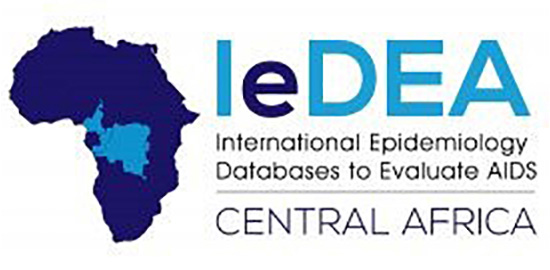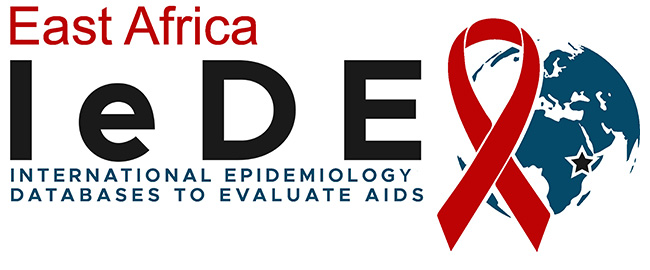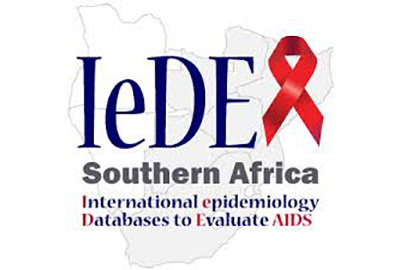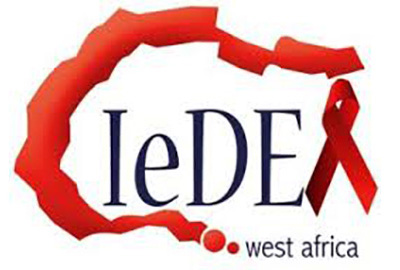Background
Nearly all countries in sub-Saharan Africa (SSA) have adopted national policies for universal treatment of all persons with HIV, regardless of CD4+ cell count or clinical stage—also known as “Treat All”. The purpose of the International epidemiology Databases to Evaluate AIDS (IeDEA) Treat All Dashboard is to disseminate data and research focused on Treat All in SSA.
With longitudinal data for approximately 1.4 million patients ever enrolled in HIV care at more than 230 sites across 23 countries in SSA, the IeDEA research consortium provides a window into the scale-up of HIV treatment across diverse HIV clinics and treatment programs that participate in IeDEA, reflecting “real world” service delivery data from some of the countries hardest by the pandemic.
The IeDEA Treat All Dashboard aims to disseminate data and research on spatial and temporal trends related to patient enrollment in HIV care, timely treatment initiation, and viral load suppression at sites participating in IeDEA. Such information is relevant for a broad array of decision-makers, normative bodies, researchers and IeDEA partners engaged in the local, national and international response to the HIV pandemic in SSA.
About IeDEA
The International epidemiology Databases to Evaluate AIDS (IeDEA) is an international research consortium of 382 HIV care and treatment clinics in 44 countries across seven world regions: the Asia-Pacific; the Caribbean, Central and South America; Central Africa; East Africa; Southern Africa; West Africa; and North America. IeDEA collects and harmonizes longitudinal patient data, generating large data sets that can be used to streamline HIV/AIDS research and address high priority research questions.
For more information, visit www.iedea.org
Data Source and Methods
The IeDEA Treat All Dashboard aggregates data from HIV care and treatment clinics in sub-Saharan Africa that participate in the IeDEA research consortium. Aggregate data are generated from patient-level databases, using the IeDEA Data Exchange Standard (DES). All ART-naïve patients enrolling in HIV care at sites participating in IeDEA from 2010 to present are included in aggregate measures, with the exception of: patients with incomplete data related to age, sex, and site of enrollment; patients with evidence of ART initiation more than 30 days prior to the date of enrollment in HIV care; and patients with insufficient potential follow-up time for the ascertainment of key program metrics of interest.
See the Measures and Methodology page for more information about data methods, sources, and definitions.
Funding Institutions
IeDEA and the IeDEA Treat All Dashboard are funded by the National Institutes of Health’s National Institute of Allergy and Infectious Diseases (NIAID), the Eunice Kennedy Shriver National Institute of Child Health & Human Development (NICHD), the National Cancer Institute (NCI), the National Institute on Drug Abuse (NIDA), the National Heart, Lung, and Blood Institute (NHLBI), the National Institute on Alcohol Abuse and Alcoholism (NIAAA), the National Institute of Diabetes and Digestive and Kidney Diseases (NIDDK), the Fogarty International Center (FIC), the National Library of Medicine (NLM), and the Office of the Director (OD) under Award Number U01AI096299 (Central Africa-IeDEA) and R24AI124872 (Harmonist)
IeDEA Regions in Africa
Montefiore Medical Center
Albert Einstein College of Medicine
New York, USA
Institute for Implementation Science in Population Health
CUNY Graduate School of Public Health and Health Policy
New York, USA
Indiana University School of Medicine
Indianapolis, USA
University of Bern, Switzerland
Bern, Switzerland
University of Cape Town, South Africa
Cape Town, South Africa
Institute of Public Health, Epidemiology & Development (ISPED)
Bordeaux, France





